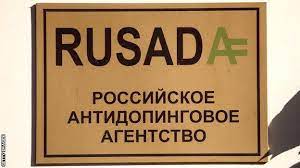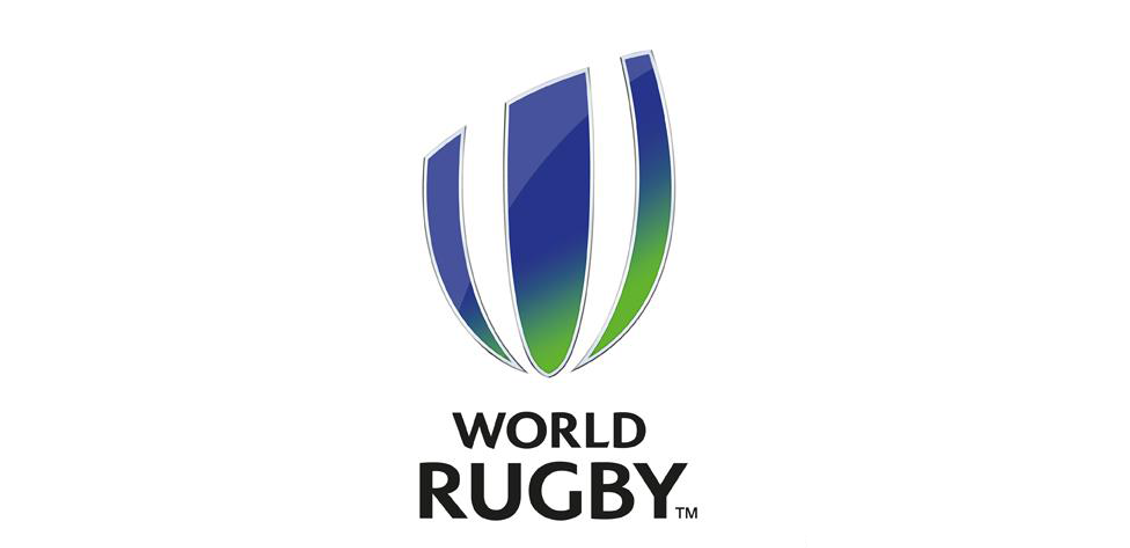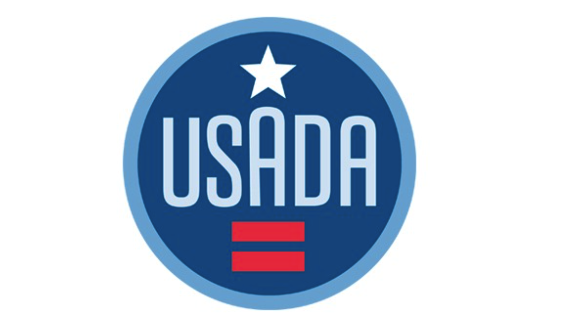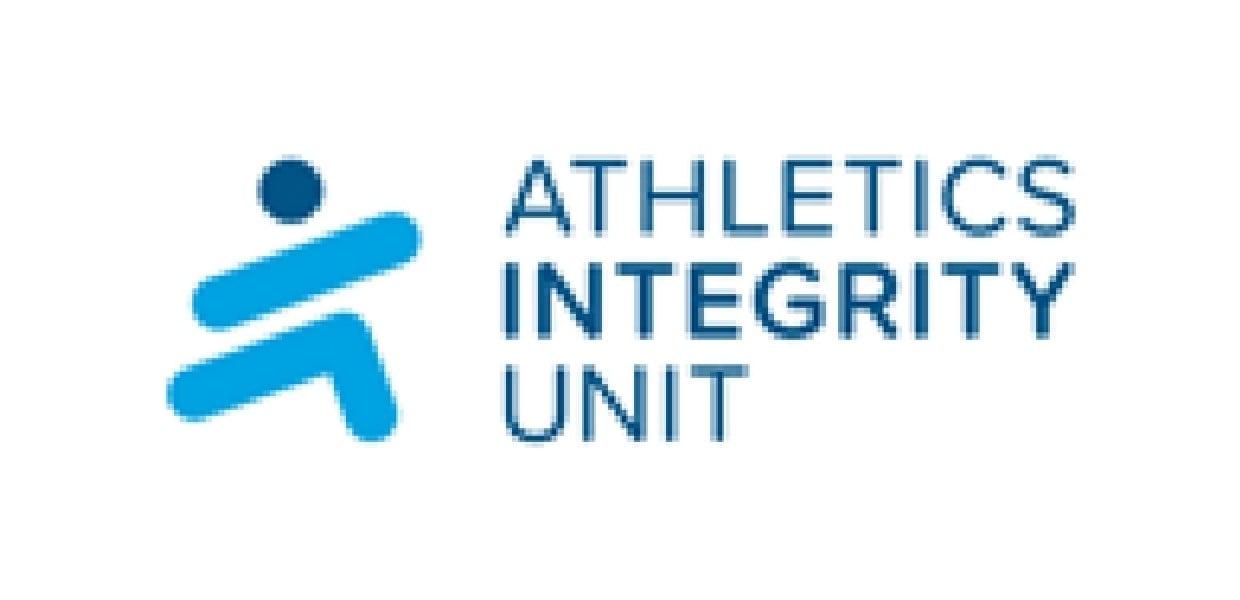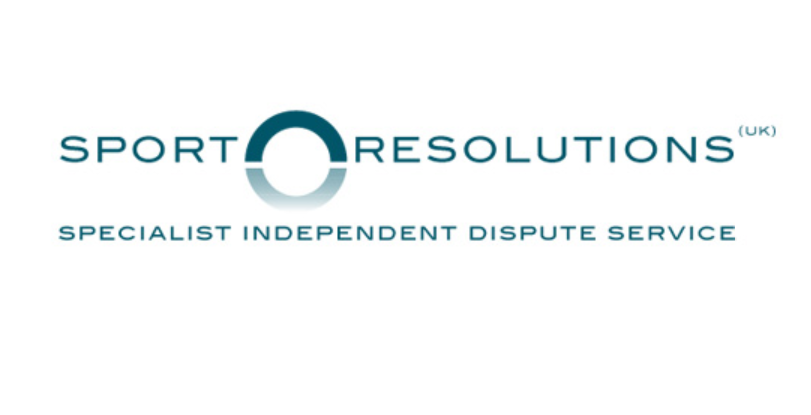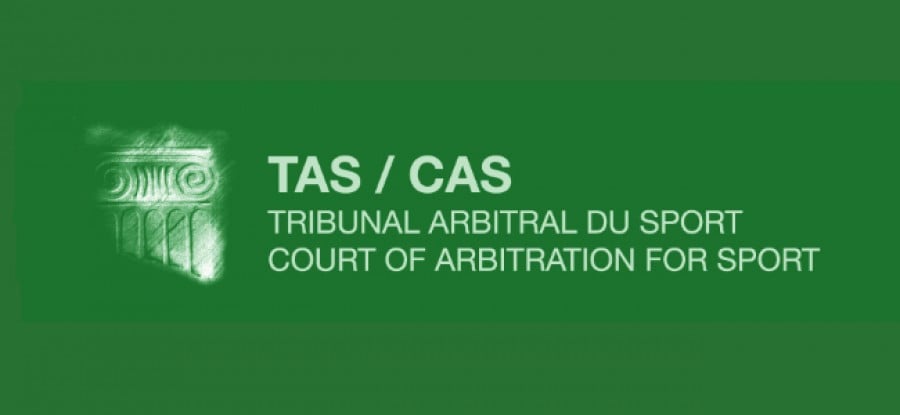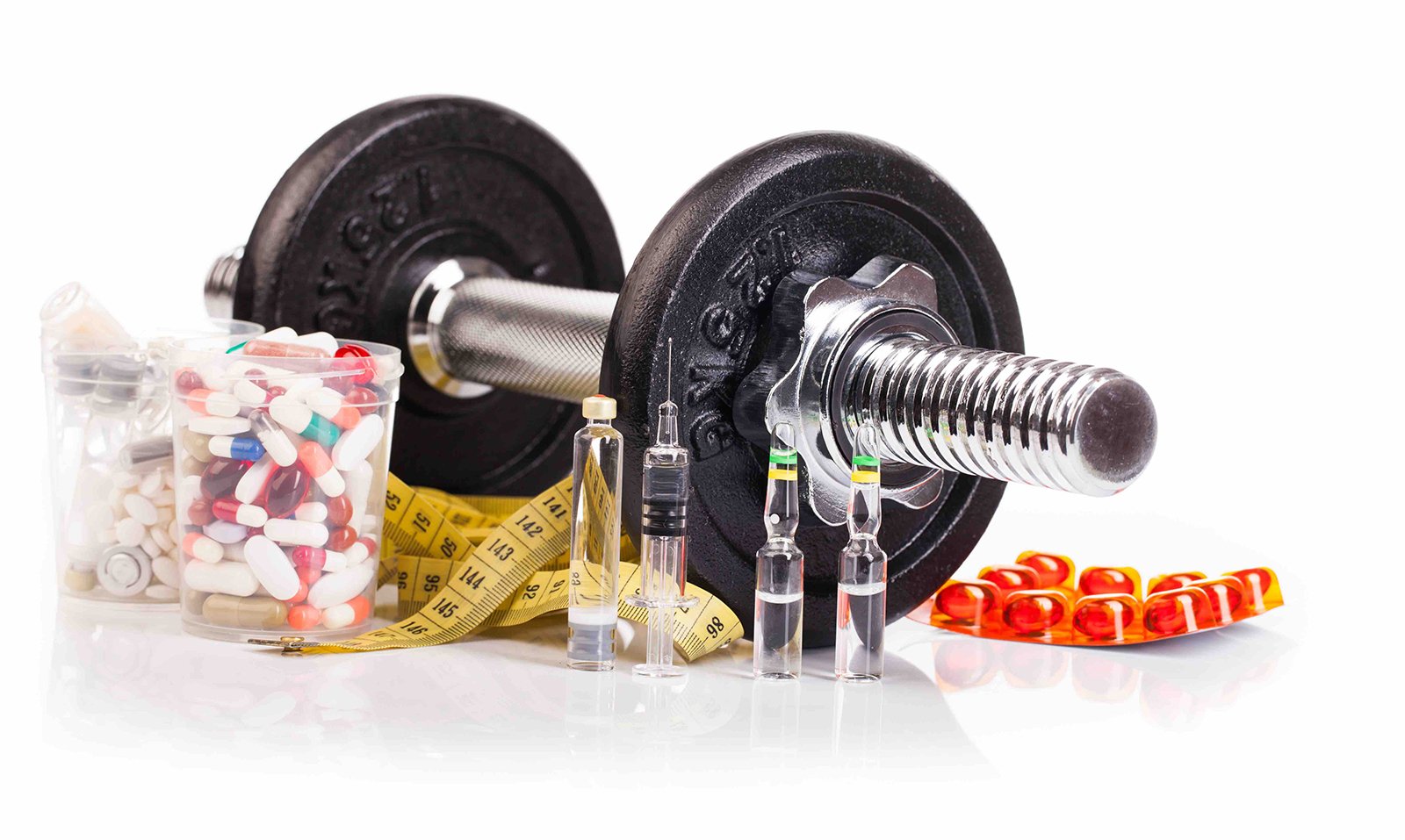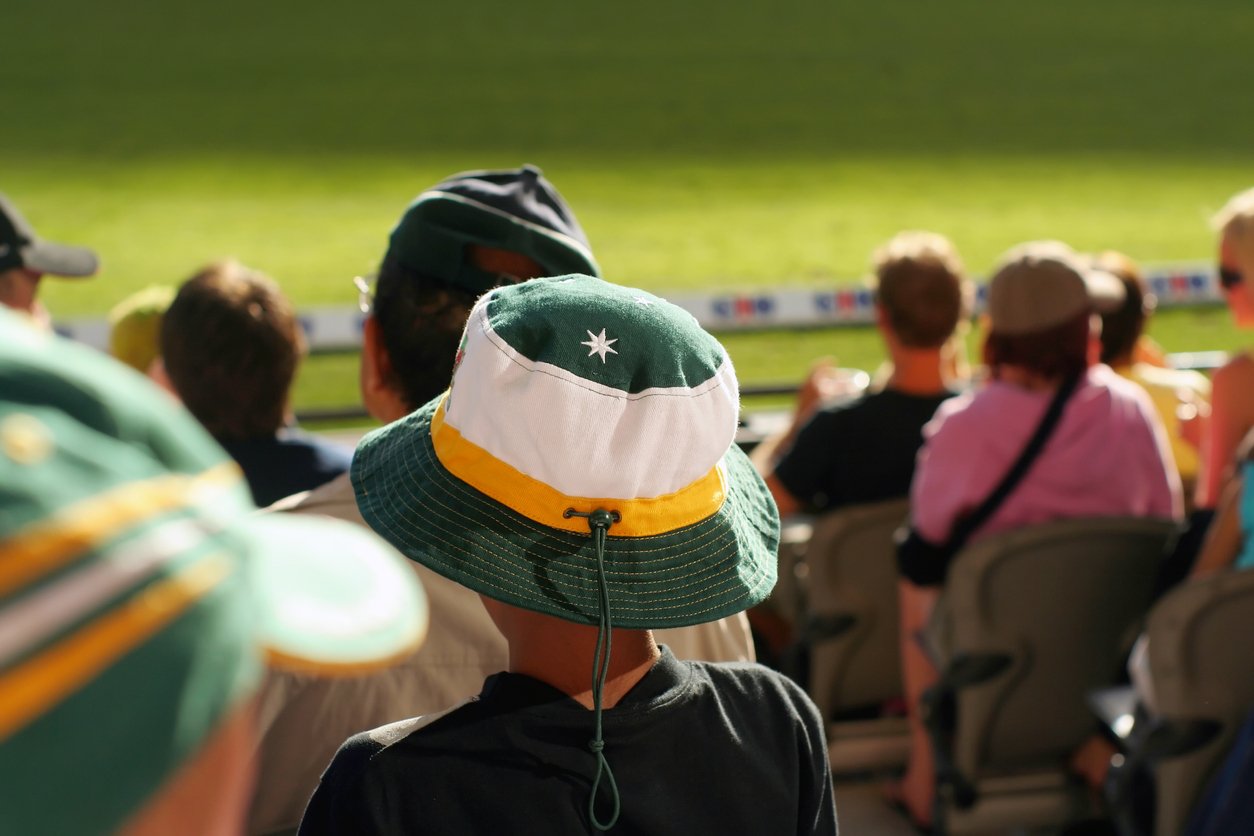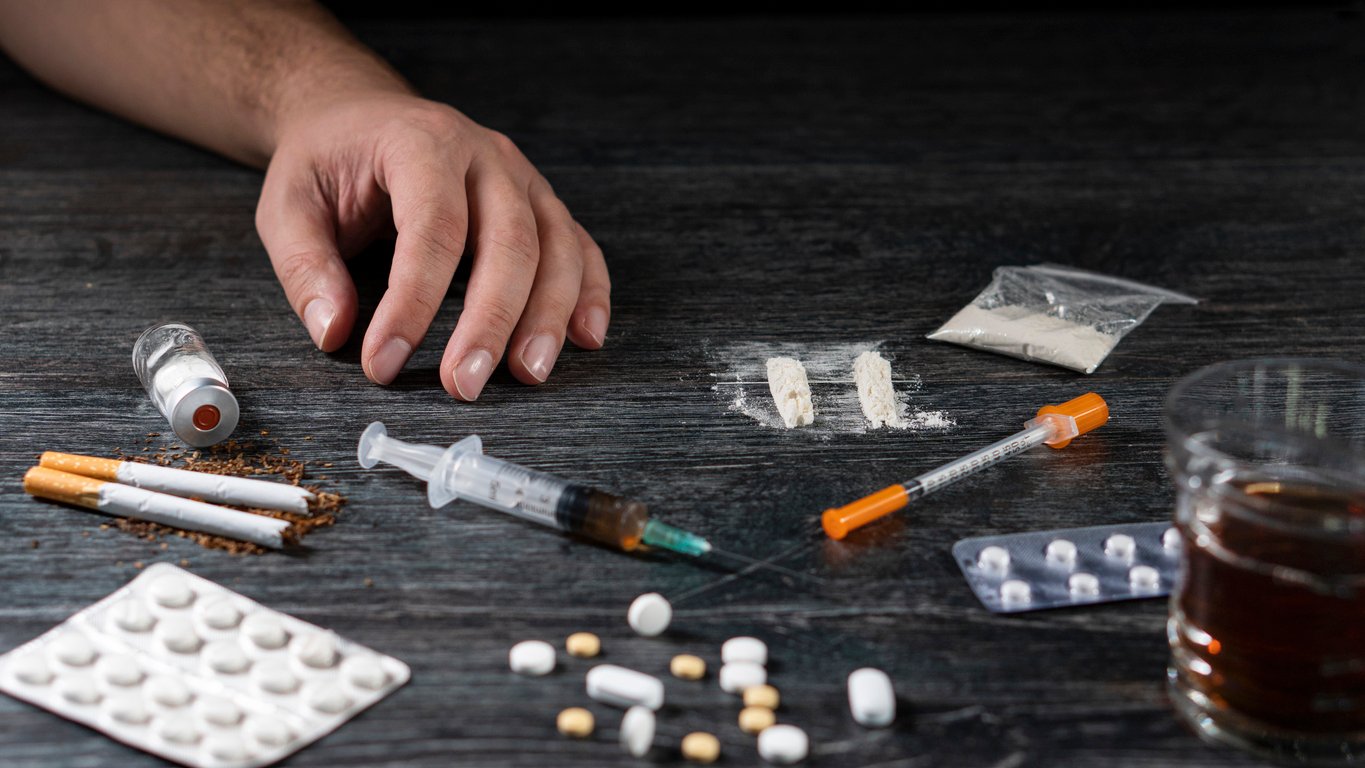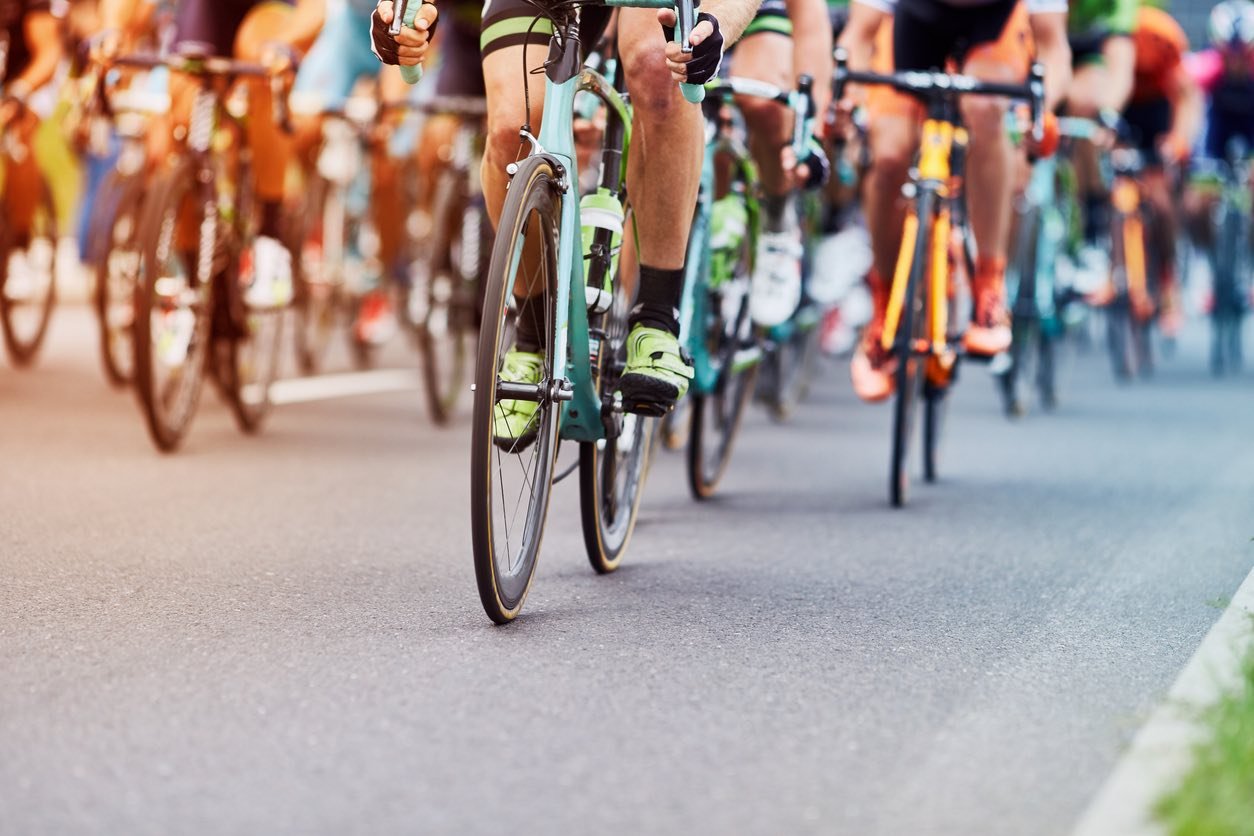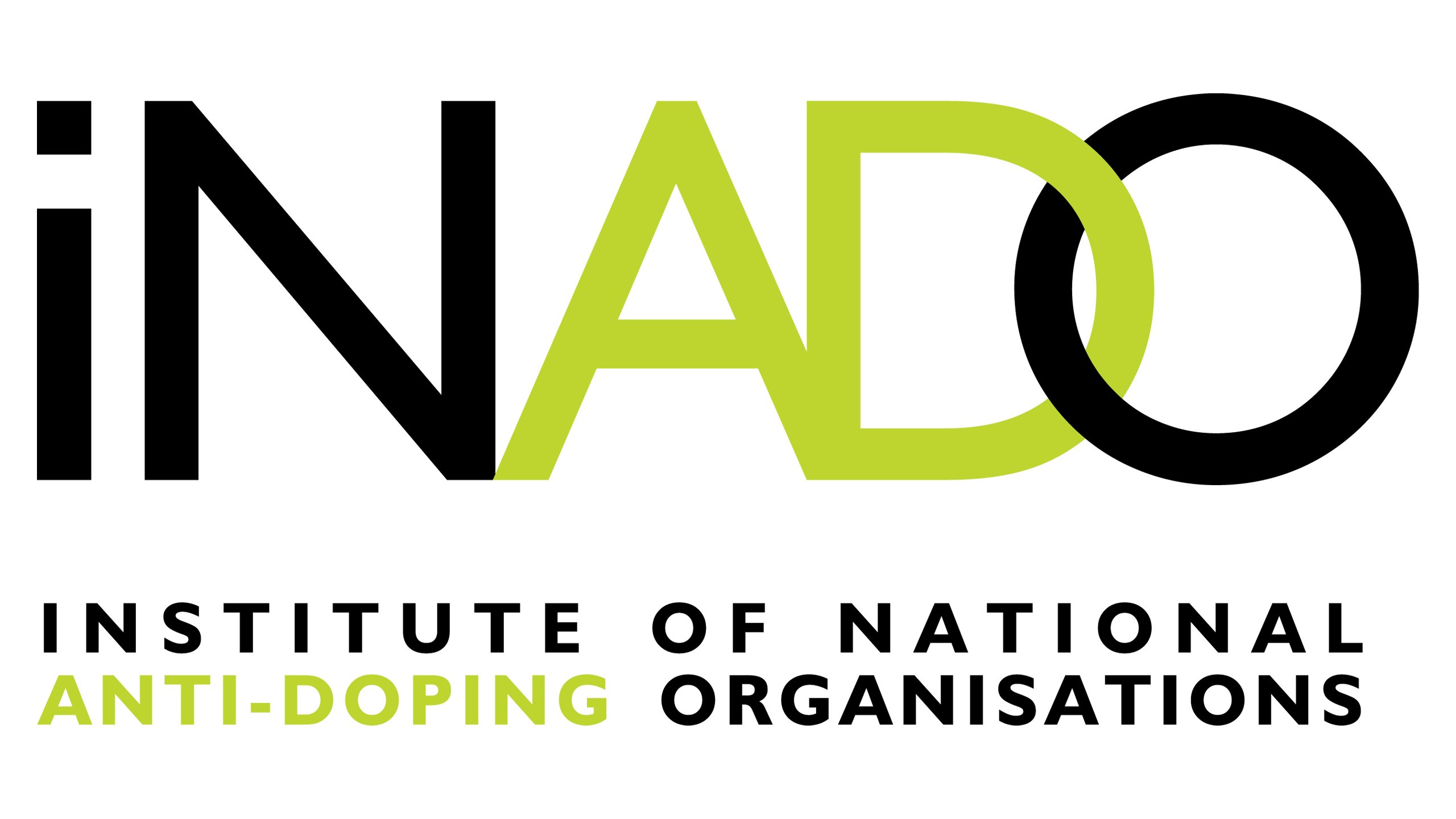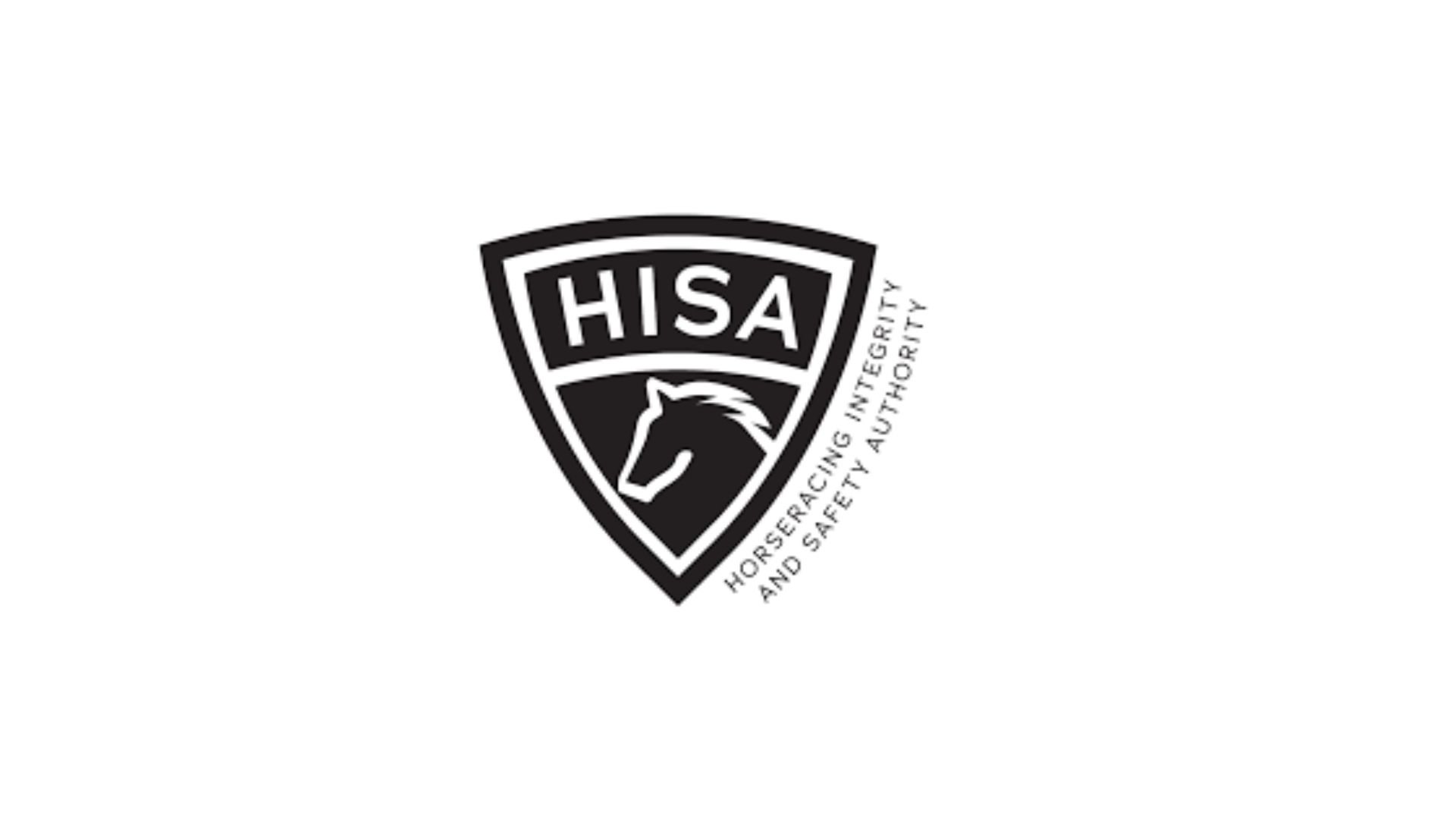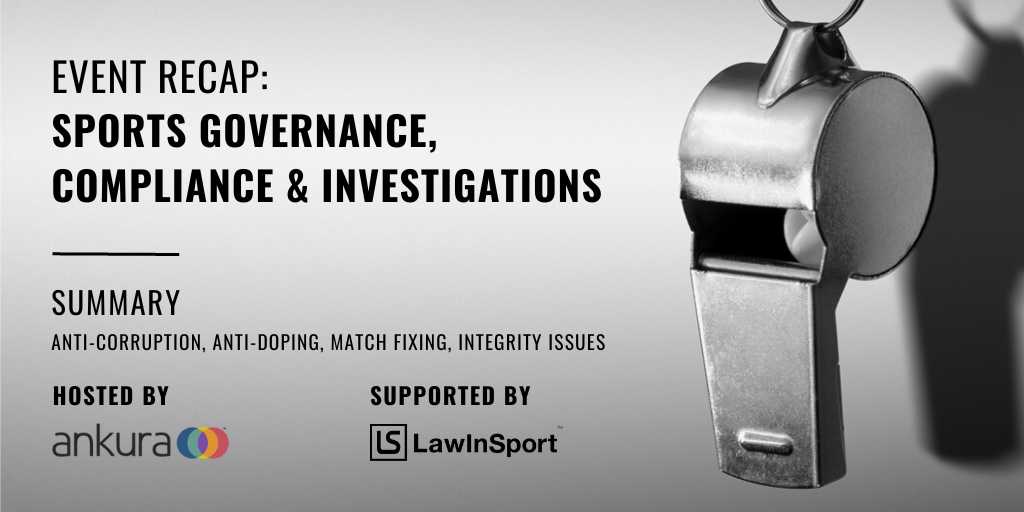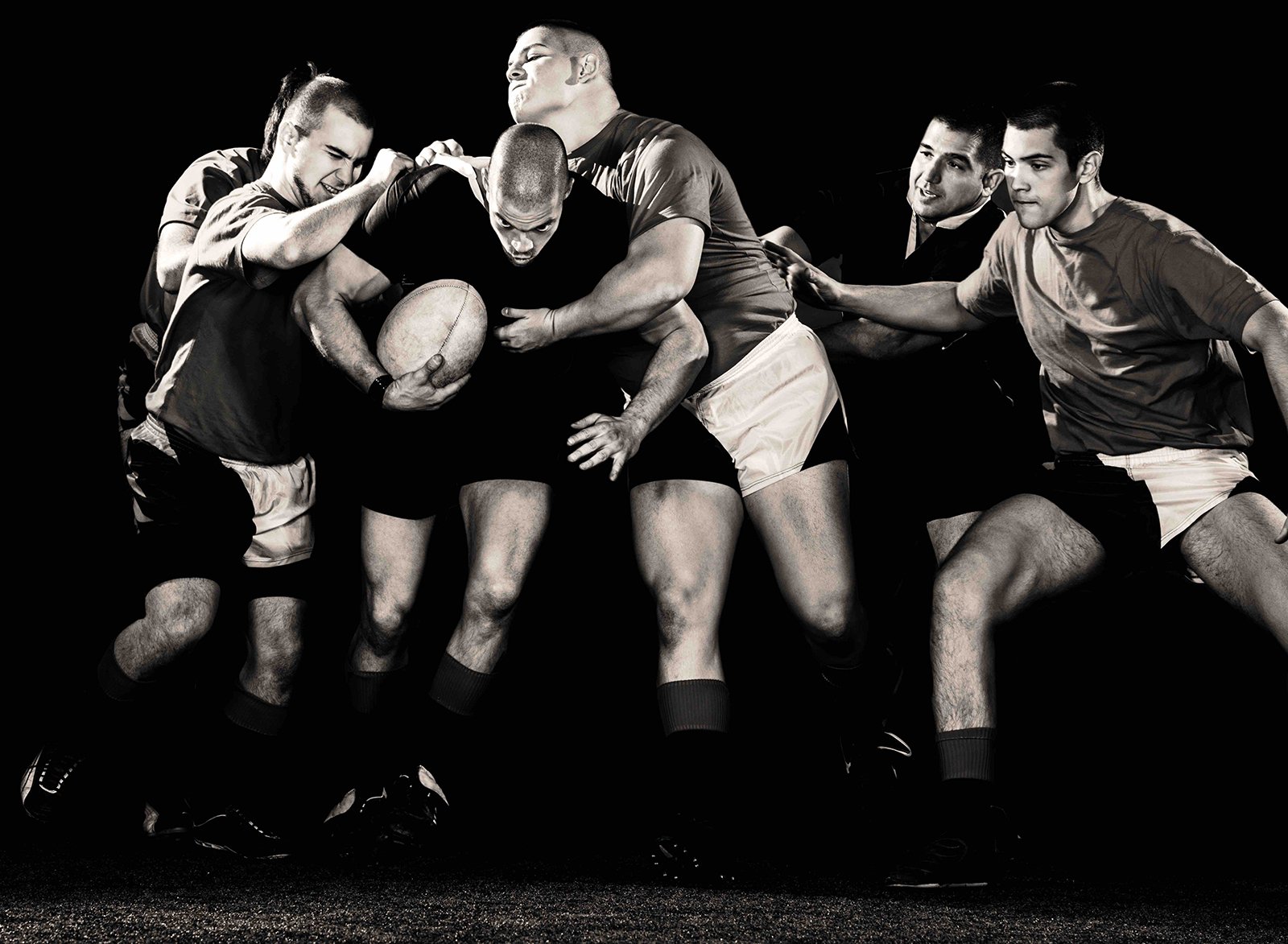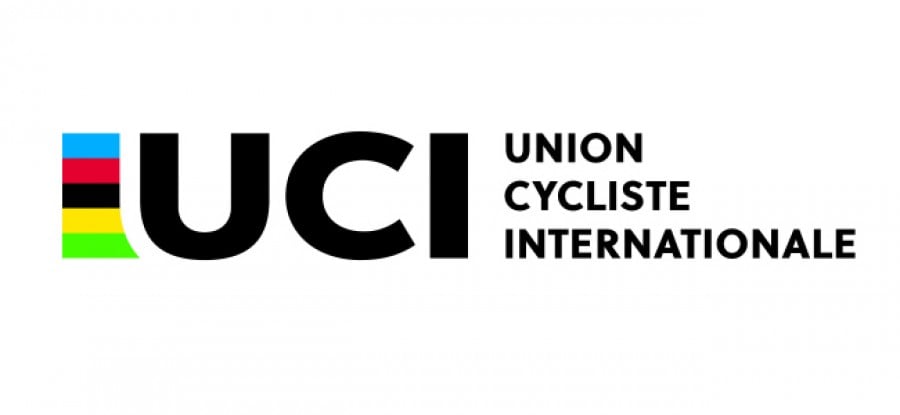Six Nations stars of the future vow to Keep Rugby Clean
AAA Arbitrator Imposes 16-Month Sanction on Track and Field Athlete Inika McPherson for Anti-Doping Rule Violation
2023 PCC Conference - Impact of Global Anti-Doping Scientific Research: Innovation and Advancement
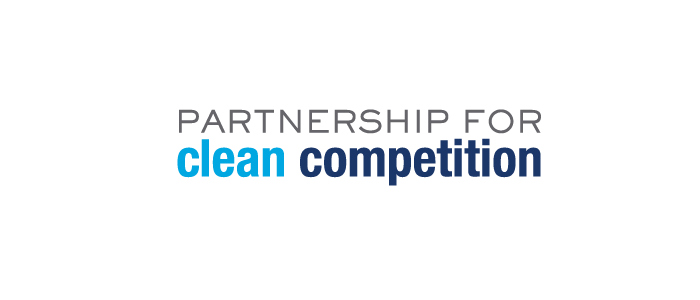
Achieving results in an honest way: International Kurash Association delegates entire clean sport program to the ITA
WADA confirms non-compliance of the National Anti-Doping Organization of Gabon
Efficiency and cooperation for clean sport: the ITA concludes agreement with Sport Integrity Australia
Marathon Runners Banned 6 months for 'Intentional' Bib-Swapping
A decision in the case of UK Anti-Doping (UKAD) against Amir Khan has been issued by the National Anti-Doping Panel.
Anti-Doping Steering Committee presents first Report to Kenyan Government
ATHLETICS INTEGRITY UNIT, 1 1 ST FLOOR, 6 QUAI ANTOINE 1ER, MC 98007, MONACO PRESS RELEASE ANTI-DOPING STEERING COMMITTEE PRESENTS FIRST REPORT TO KENYAN GOVERNMENT
31 MARCH 2023, MONACO: Member of the Anti-Doping Steering Committee spearheading the fight against doping in Kenyan athletics, Brett Clothier, says the Kenyan Government’s US$25 million commitment to the special project for the next five years gives the Committee the financial muscle to deal with the major problem.
Speaking in Nairobi today as the Committee presented its first Kenya Anti-Doping Report to the Kenyan Government, Clothier – who is Head of the Athletics Integrity Unit (AIU) – lauded the Government for supporting the eradication of doping in Kenyan athletics.
“We must commend the Government of Kenya for the excellent commitment, which will help neutralise the doping menace and keep Kenya’s athletics arena clean. This will be a long road, but as the AIU, we are very glad to contribute to this government initiative that seeks to end doping in Kenya,” said Clothier.
The Anti-Doping Steering Committee – comprising representatives from the AIU, the Anti-Doping Agency of Kenya (ADAK) and Athletics Kenya (AK) – has developed a roadmap geared at combatting the doping scourge among Kenyan athletes, with a view to reducing doping substantially. Among the plans outlined in its first report, the Committee has indicated it will draw upon the extensive expertise of a multiagency team to investigate and prosecute doping matters. It will also increase testing among Kenyan athletes as well as enhance educational and integrity programmes for athletes and athlete personnel. Clothier stressed, however, that in its quest to clean up Kenyan athletics, the Steering Committee expects to initially be confronted with a higher number of doping cases as it ramps up testing and its overall integrity vigilance.
Principal Secretary for the State Department for Sports, the Honourable Jonathan Mueke, and Chief Administrative Secretary for the department, the Honourable Wesley Korir (2012 Boston Marathon winner), received the report on behalf of the Kenyan Government. Mueke commented that the report presented an implementation strategy that will see Kenya eradicate doping from its sporting ecosystem.
“The ministry is satisfied with the work that has been done by this Committee, culminating in the establishment of this report,” he said.
“We are confident that, with the strategies contained in this report, we are going to completely bring the doping menace under control in Kenya.”
Stating that doping is a matter of strategic interest to Kenya, Mueke stressed no effort will be spared to ensure the scourge is neutralised. He challenged Kenyan athletes to continue flying the Kenyan flag high by running cleanly.
Athletics Kenya President Lt Gen. Jackson Tuwei added that Kenya is a globallyknown sporting nation – an athletics powerhouse – and therefore it is the country’s responsibility to maintain an international reputation of competing without cheating.
Sanctions: Nabiulin Artem (freestyle)
Sanctions: Pravdina Mariya (bodybuilding)
Rugby League player Robert Oakley banned for three-years for Anti-Doping Rule Violation
Anti-Doping Testing & Ramadan
Sanctions: Amriyev Alan (wrestling)
AAA Arbitrator Imposes Four-Year Sanction on Weightlifting Athlete Robert Scavilla for Anti-Doping Rule Violation
The Court of Arbitration for Sport (CAS) reduces the Period of Inegibility of Oleg Verniaiev to Two Years
The Court of Arbitration for Sport (CAS) has issued its decision in the appeal arbitration between the Ukrainian gymnast Oleg Verniaiev (the Athlete), the Gymnastics Ethics Foundation (GEF) and the International Gymnastics Federation (FIG) relating to the decision issued by GEF Disciplinary Commission dated 12 July 2021 (the Challenged Decision) in which the Athlete was found to have breached Art. 10.2.1.1 of the FIG Anti-Doping Rules (“ADR”) (presence of Meldonium in his urine sample of 26 August 2020) and sanctioned with a four-year period of ineligibility starting on 5 November 2020.
The CAS Panel partially upheld the appeal and reduced the four-year period of ineligibility to two years, still commencing on 5 November 2020, which was the first day of the Athlete’s provisional suspension.
On 26 August 2020, the Athlete was the subject of an out of competition doping control test. Laboratory analysis of the urine sample provided by the Athlete revealed the presence of Meldonium, a prohibited substance under the 2020 World Anti-Doping Agency (WADA) Prohibited List (hormone and metabolic modulators). On 5 November 2020, the Athlete was informed of the Adverse Analytical Finding (AAF) and accepted a provisional suspension. Following an investigation, on 12 July 2021, the GEF Disciplinary Commission issued the Challenged Decision.
During the CAS proceedings the Athlete submitted that the source of the Meldonium was contaminated food products, requested that the Challenged Decision be annulled, and that the period of ineligibility be reduced. On 15 December 2022, the CAS Panel held a hearing with the parties by video conference.
Following the hearing, the Panel deliberated and concluded that while the ADRV was upheld there was grounds for a reduction in the period of ineligibility from four years to two years. Accordingly, the Athlete was subject to a two-year period of ineligibility starting on 5 November 2020 which has now concluded.
Sport And Anti-Doping – Annual Review 2022/23
Published Thursday, 02 March 2023.
China's Anti-Doping Laws & Regulations – An Overview In 2023
Published Friday, 20 January 2023.
Swiss Federal Tribunal confirms the validity of CAS Anti-Doping Division proceedings as first instance tribunal
Published Friday, 13 January 2023.
A Summary of Key Sports Law Cases In Australia in 2022
Published Thursday, 22 December 2022.
What are the key changes to WADA’s Prohibited List 2023?
Published Wednesday, 23 November 2022.
More than half of the participants of the All-Russian Anti-Doping dictation passed it successfully
Fighting Doping In Sport: How Spain's Bureaucracy Is Undermining The Athlete Biological Passport
Published Friday, 11 November 2022.
WADA President calls for greater focus on anti-doping within European Union
Tampering in Athletics Doubles an Athlete's Trouble - and Then Some!
WADA engages athletes and the global anti-doping community in celebrating Play True Day 2023
Play True Day: Play Ball, Play Fair campaign launches new series of anti-doping webinars
IPC shows support for clean sport on WADA’s annual Play True Day
Workshop Showcases "Exciting Future" for Education (Athlete Education)
Sport Integrity Australia and the International Testing Agency sign collaboration and service agreement
U.S. Paralympic Snowboard Athlete Tyler Burdick Accepts Sanction for Anti-Doping Rule Violation
Professional boxer Amir Khan banned for two years following Anti-Doping Rule Violation
Is the anti-doping system better prepared to prevent institutionalized doping? Opinions by Graeme Steel and Joseph de Pencier.
iNADO Workshop: Women & Anti-Doping: Summary
Sanctions: Guk Natalya (bodybuilding)
Clothier Tells Kenyan Athletes 'We Need Your Help'
CLOTHIER TELLS KENYAN ATHLETES ‘WE NEED YOUR HELP’
29 MARCH 2023, MONACO: Athletics Integrity Unit (AIU) Head Brett Clothier has urged Kenyan athletes to disclose everything they know about doping in their country.
Midway through his one-week visit to the East African nation to discuss the athletics doping crisis with the authorities, he addressed an estimated 300 athletes, coaches and other support personnel in two meetings in Kapsabet (Nandi County) and Iten (Elgeyo Marakwet County) today. While praising the Kenyan Government for its US$25-million support during the next five years to combat doping in athletics, Clothier told local athletes they too have a role to play in ensuring the integrity of their sport.
“It’s good to uncover the doping cases but we also need to educate athletes on the do’s and don’ts as one way of making sure the sport is clean.
“If you see something suspicious, you just need to talk to law enforcement or the federation (Athletics Kenya) as one way of protecting the sport. We are asking for your help,” he declared.
The AIU Head disclosed the US$5 million additional funding annually from government will help to strengthen the country’s testing and education programmes for Kenyan athletes in a bid to reduce the number of Anti-Doping Rule Violations (ADRVs) which have risen significantly in recent years. It’s a problem, he noted, which requires the multi-pronged approach which the Kenyan Government is adopting.
“As a regulatory body, we are advocating for clean sports and Kenya has shown support by bringing in the ministry of sports, the poisons and pharmacy board, law enforcement, the anti-doping agency, among other stakeholders and we are glad that this will help in reducing the numbers (of doping cases) witnessed in the past. It’s a long road. It’s not going to be easy, but we have got the right platform,” said Clothier, adding that Kenya must use the opportunity of not being sanctioned by World Athletics to curb the doping prevalence.
During a courtesy call at his office, Nandi County Governor Stephen Sang said there needs to be clear roles in the fight against doping even as the national government brings in more stakeholders.
“I believe coming up with the right working framework will give the county governments a role to play because, when an athlete is flagged down, we don’t know what to do but instead try to hide because it is a shame. We all need clean sport and Kenya has to go back to where it was in terms of winning medals and practising fair competition,” said Sang.
Athletics Kenya President Lt Gen. Jackson Tuwei encouraged athletes to be honest and to run their own race, rather than resort to taking prohibited substances.
Athletics Kenya Youth Development Director Barnaba Korir contended that regulations regarding the certification of coaches and camps countrywide is one way of trying to regulate the industry.
In Iten, former 1,500-metre World champion Asbel Kiprop reasoned the mandatory one-hour Whereabouts period for athletes on the Registered Testing Pool has been a challenge for many athletes and called for it to be extended to a 90-minute period.
Another athlete, Carolyne Chepkosgei, asked Athletics Kenya to provide sports psychologists to counsel athletes who have been suffering.
“Many athletes have been through a lot of problems and maybe this is where the doping menace started,” she surmised.
“There is need to have sports psychologists who are able to guide athletes on the need to be on the right track in the sport.”
A New Era in Racing: HISA’s Anti-Doping and Medication Control (ADMC) regulations
Santions: Pugacheva Ekaterina (kayak/canoe)
AAA Arbitrator Imposes One-Year Sanction on Table Tennis Athlete Kanak Jha for Anti-Doping Rule Violation
U.S. Wrestling Athlete Jordan Oliver Accepts Sanction for Second Anti-Doping Rule Violation
Sports Lawyer In The Spotlight: Jirí Janák
Published Friday, 10 March 2023.
Takeaways from Sports Governance, Compliance, and Investigations Workshop & Seminar
Published Thursday, 02 March 2023.
Doping Cases Arising From The Moscow Laboratory Data Disclosure (Natalya Antyukh & Aleksandr Shustov)
Published Wednesday, 18 January 2023.
Book Review: 4th Edition 2022 of Sports Law By David Thorpe, Antonio Buti, Paul Jonson, Jack Anderson
Do Anti-Doping Rules Apply In Retirement? (UKAD v Ben Harrison)
Published Friday, 16 December 2022.
